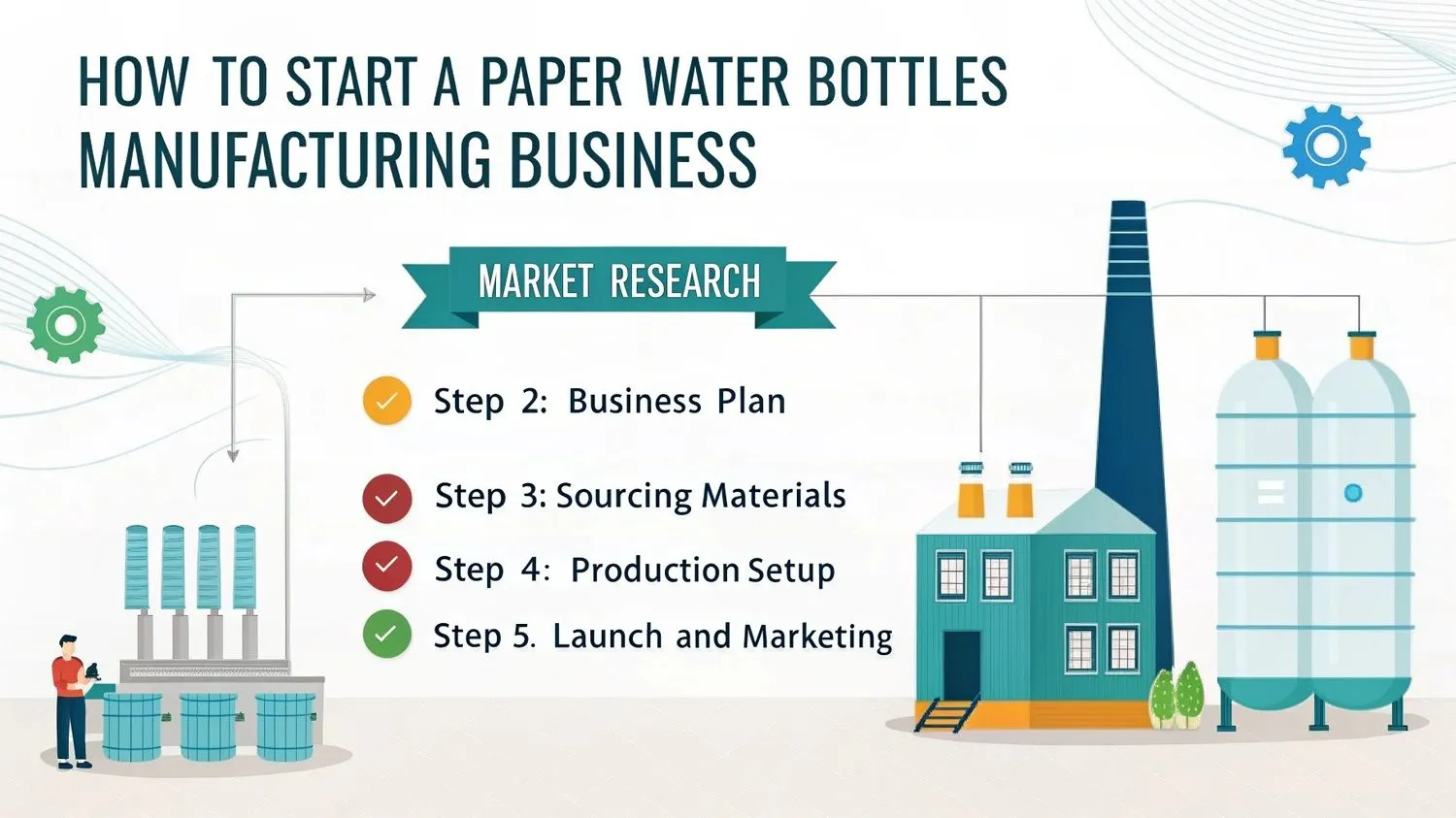Starting a business is an exciting yet challenging endeavor, and one of the most important aspects of building a successful startup is conducting market research. For entrepreneurs, understanding market trends, customer needs, and competitive landscapes is essential for scaling up and securing funding. This is where startup incubators, startup funding sources, and effective business development strategies come into play. Lets explore how these elements combine with market research to drive startup growth.
Contents
- 0.1 What Is Market Research and Why Is It Crucial for Startups?
- 0.2 How Startup Incubators Support Market Research
- 1 Frequently Asked Question
What Is Market Research and Why Is It Crucial for Startups?
Market research is the collection, analysis, and interpretation of information about the market, such as potential audience, competitors, and overall industry trends. For startups, this process is vital because it helps to create the foundation of a business and a required alignment with the market needs. The market research inputs help capture avenues the startups can funnel their money to, validate products or services, and determine how best to grow the business.
The Importance of Market Research in Startup Growth
Opportunities and Gaps Identification
Market research helps entrepreneurs identify opportunities to do so by filling a specific gap in the market that no one else is currently solving. Businesses can understand what pain points and unmet demands their customers experience and can design their products and services to address those issues directly. Having this knowledge is necessary for business development strategies, so that the product offering is relevant to the customers and differentiates it from competitors.
Competitive Analysis
Every startup needs to know the competitive landscape. Entrepreneurs receive insight into their competitors’ strengths and weaknesses through market research. This information can serve to refine business development strategies in order to place the startup at its best in the market. Moreover, knowing the competitor helps businesses distinguish themselves from others and bring out the value proposition.
Customer Insights
Any business cant work without a deep understanding of customer behavior and preferences. Startups can learn from gathering data on customers demographics, buying habits, and feedback about what works and what doesnt to invest decisions in product development, pricing strategies, and marketing campaigns. If investors choose to give your business funding, then this information also helps you garner startup funding sources because investors, as a rule, are looking to invest in businesses that understand their target audience.
Risk Mitigation
Market research helps reduce risks by understanding the data and bringing it in forms that allow the decision to be made based on this data. That doesnt mean that entrepreneurs cant make big money because they validated their ideas; they just wont invest too heavily in them. For example, a startup can learn through market research if a product will have enough customers or if it needs to be adjusted prior to being launched.
Our Project and Market Research Reports:
Getting Startup Funding Sources
The number one challenge for most entrepreneurs is getting money. Market research is enormously helpful for startups to develop solid business cases that can be used to persuade investors. Whether through startup incubators or conventional investors, you want a well-researched business plan to court the right startup funding sources.
How Startup Incubators Support Market Research
Startup incubators are of extreme importance to the success of new businesses. And these resources, some of the mentorship, some of the networking thats there, are available to early-stage companies as well. Startup incubators help startups out with market research most of the time, people understand the competitive landscape, customers needs, and the trends within the industry.
Startup Incubators for Market Research Key Benefits
Access to Expertise
Teams in startup incubators are experienced with their experience of many years in different spheres. Entrepreneurs may engage such experts to do proper market research, analyzing whats trending, and interpreting data. Additionally, they can also provide a wealth of advice as to how to change business development strategies in the light of research findings.
Networking Opportunities
As an entrepreneur, you get to network with other businesses, mentors, and investors as you are a part of a startup incubator. This can provide high-value partnerships and collaborations that can help in market research efforts. Incubators usually host events that allow startups to pitch their ideas to would-be startup funding sources, making it a bit easier to get funding.
Access to Tools and Resources
Market research access protocols are built in many startup incubators and help you access proprietary tools and resources. But these resources from survey tools to market analytics platforms offer startups a revealing look at the market, charting a course for their product or business model.
Our Books:
- Startup Projects for Entrepreneurs
- Money-Making Business Ideas You Can Start from Home
- Handbook on Small & Medium Scale Industries
- Manufacture of Pan Masala, Tobacco, and Tobacco Products
Leveraging Startup Funding Sources for Growth
Finding startup sources of funding is a problem many entrepreneurs tend to face. But dont worry; the right market research will raise your chances of having clients ready to fund you substantially. Investors want to make sure that the startup knows the market its in, knows what problem its solving, and knows what future its addressing.
Startup Funding Sources
Venture capitalists Venture Capital
Investors that provide equity with funding are called VCs. They are usually looking for startups with high growth potential. In addition, the ability for the entrepreneur to show the market research supports the scalability of the business is what makes it easier for VCs to invest.
Also Read: List Of 8 Most Successful Business Ideas for Startup
Angel Investors
Capital placed with them is provided in exchange for equity or convertible debt, making them angel investors. Angel investors are like venture capitalists: they like startups that have done a good job of researching their market plan. More importantly, they are more likely to invest if they can see a startup has a uniquely different value proposition and data to back it up.
Crowdfunding
Crowdfunding services such as Kickstarter or Indiegogo permit entrepreneurs to invest directly in the hands of consumers. A great market research strategy for startups will guide them to make a great pitch that will catch the attention of backers.
Government Grants and Loans
In fact, governments usually give grants or loans to startups as it helps to make them and the innovation they foster. If entrepreneurs dont have access to equity exchanges, then researching government startup funding sources can help.
Also Read: List of 150 Profitable Business Ideas for MSME
Integrating Market Research into Business Development Strategies
After you have your market research data, the next step is to infuse this within your business development strategies. In addition, it lets you determine your best business model, perfect your product offering, and develop your go-to-market strategy.
Market Research as a Driver of Business Development
Product Development
Market research gives you the customer needs and preferences insight. This data can also be used by startups to create products that will meet market demands. Market research guides product development, whether youre adjusting the features of an existing product or creating an entirely new product.
Pricing Strategy
There are many ways in which a price point needs to be set, which includes understanding what clients are ready to pay for a product or service. By conducting market research, businesses will recognize competition pricing strategies that will attract customers while guaranteeing the highest level of profitability.
Marketing and Sales Strategy
Startups, through market research, determine which channels are the most effective in reaching the target audience. Consequently, even if this happens through social media, email campaigns, or traditional advertising, one should know where and how customers consume information before crafting marketing strategies.
Conclusion
Startup growth wouldnt even be thinkable without market research as a cornerstone; it gives entrepreneurs knowledge on what decisions should be made, what should be changed regarding strategies of a business, and therefore what sources of startup funding should be approached. With that in place, startups can use startup incubators and other funding vehicles to get ahead for the long haul.
While making your way in the entrepreneurial world, know that doing your research and planning is whats going to put you head and shoulders above competitors. Also, If you want to explore market research and business development tools further, please continue. Reach out to NIIR Project to access resources and help fuel your growth strategy.
Contact Us
Frequently Asked Question
What is market research in the context of startups?
Market research is the process of collecting and analyzing data about customers, competitors, and industry trends to make informed business decisions and reduce risk.
Why is market research important for startup growth?
Market research helps startups understand customer needs, validate ideas, identify opportunities, and avoid costly mistakes during product development and market entry.
How does market research help in product development?
It provides insights into customer preferences, pricing expectations, and unmet needs, allowing startups to design products or services that fit real market demand.
What types of market research should entrepreneurs focus on?
Entrepreneurs should focus on customer research, competitor analysis, industry trends, pricing studies, and feedback-based research such as surveys and interviews.















